1274 AD Second Council of Lyon: Brief Reunification and Crusade Plans
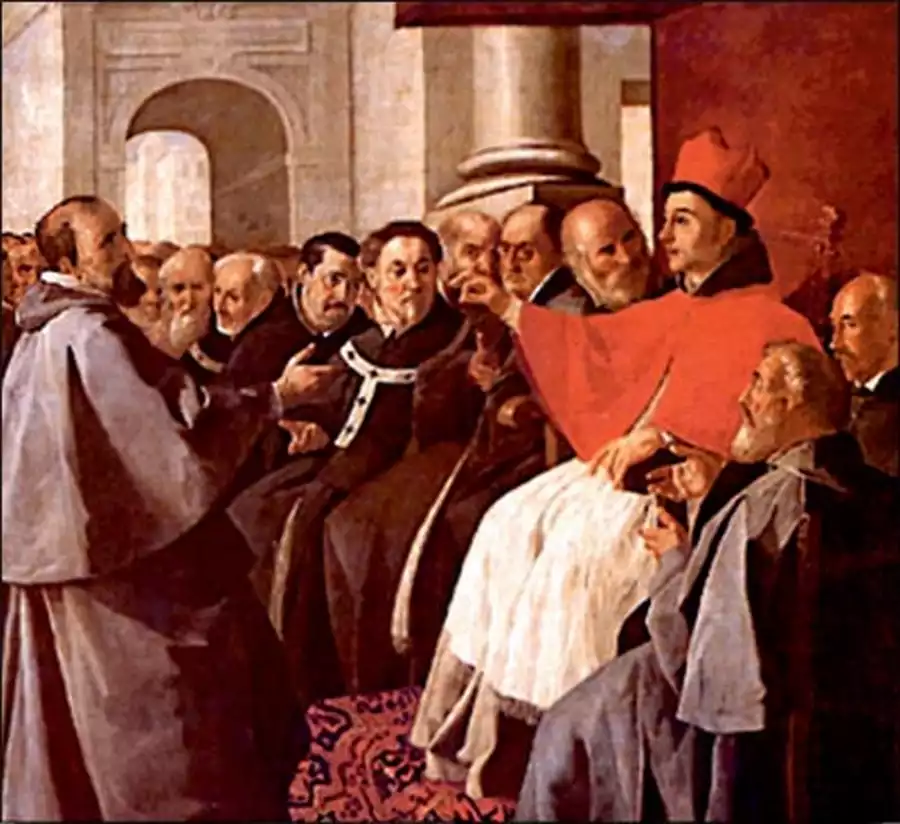
The Second Council of Lyon convened in 1274 as an attempt to mend the rift between the Catholic and Orthodox churches. Pope Gregory X called the council and Byzantine Emperor Michael VIII sent representatives, hoping for a reunification in exchange for military support against threats to Constantinople. The council proclaimed a brief reunion, although it […]
Basil III, Ecumenical Patriarch: The Unseen Educational Reformer
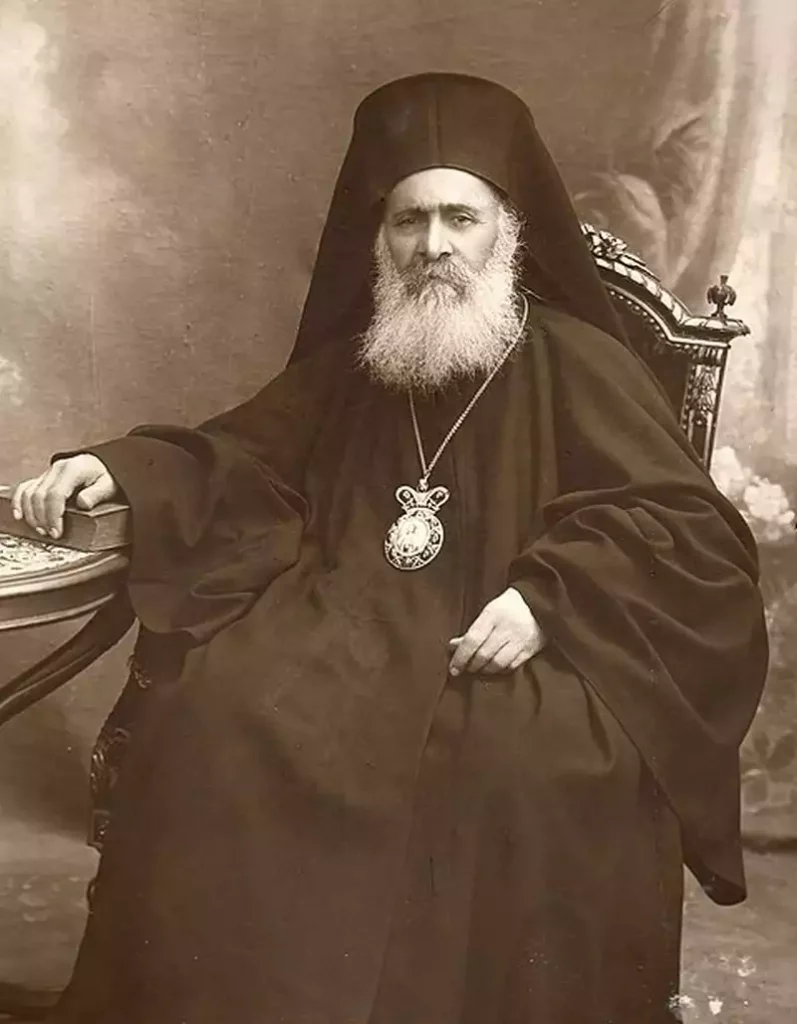
Born in 1846 in Chrysoupoli, near Chalcedon, the life journey of Basil Georgiadis, later known as Patriarch Basil III, was a remarkable tapestry of scholarly pursuit and ecclesiastical leadership. His quest for knowledge began with theology and philology studies at the University of Athens, culminating in his graduation in 1871. His scholarly zeal led him […]
Benjamin, Ecumenical Patriarch: A Beacon of Resilience in Turbulent Times
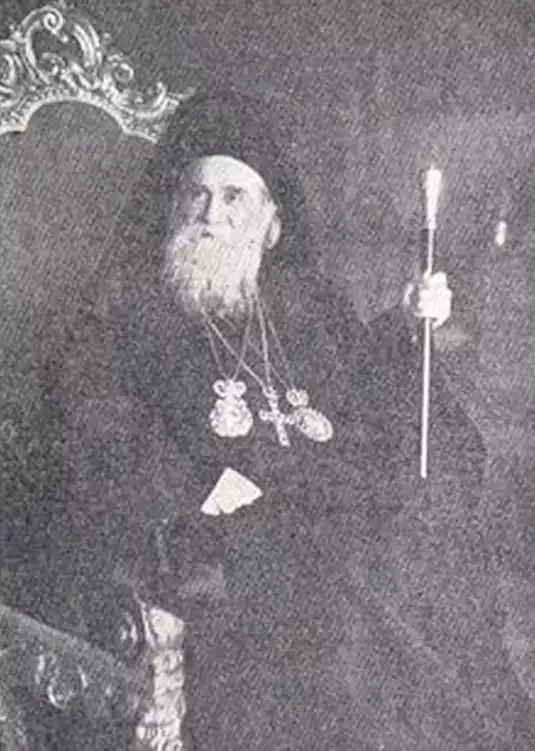
Traversing the Path from Humble Beginnings to Spiritual Eminence Born in 1871 in the village of Zeitinli, Adramyttio, the future Ecumenical Patriarch Benjamin (Veniamin Psomas or Kyriakou) embarked on his spiritual journey at a young age. His early education in his native land and Kydonia laid the foundation for his distinguished ecclesiastical career. Ordained a […]
Athenagoras, Ecumenical Patriarch: Architect of Unity
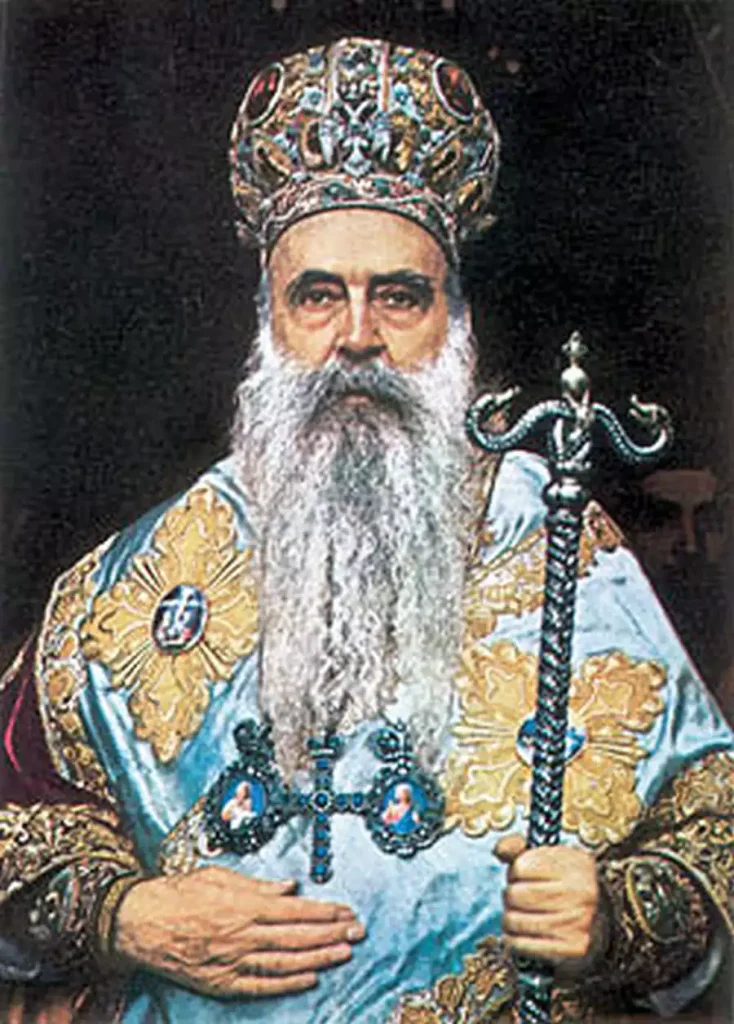
Born on March 25, 1886, in the village of Vasiliko, Epirus, and passing into eternity on July 7, 1972, Aristoklis Spyrou, better known as Athenagoras, embarked on a spiritual and transformative journey that reshaped the landscape of 20th-century Christianity. His path from a small Greek village to the exalted role of Ecumenical Patriarch was marked […]
Joachim III the Magnificent | Ecumenical Patriarch
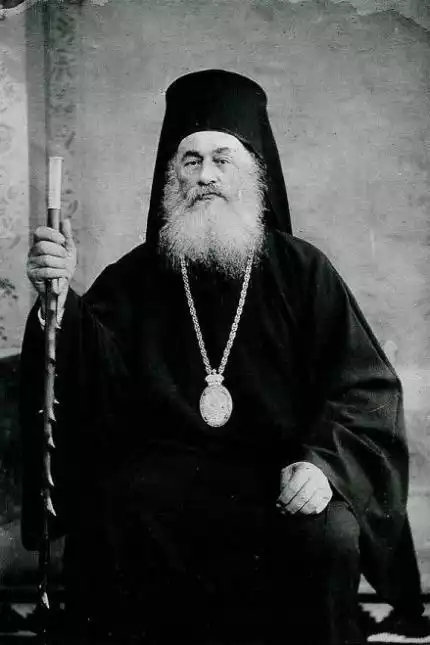
Joachim III the Magnificent (1834-1912), born Christos Dimitriadis or Devezis, remains a revered figure in Orthodox Christianity. His tenure as Ecumenical Patriarch of Constantinople, spanning 1878-1884 and 1901-1912, marked a period of significant ecclesiastical and political developments. His leadership, marked by wisdom and diplomacy, significantly influenced the Orthodox Church and its interactions with various political […]
Albania, Orthodox Church of
The Eastern Orthodox Church of Albania, known in Albanian as Kisha Ortodokse Autoqefale e Shqipërisë, is a pivotal religious institution in Albania. Recognized as an autocephalous church by the Ecumenical Patriarchate of Constantinople in 1937, it forms an integral part of the Eastern Orthodox communion. This article delves into the historical journey and contemporary structure […]
Nikephoros I | Byzantine Emperor’s Reign and Legacy
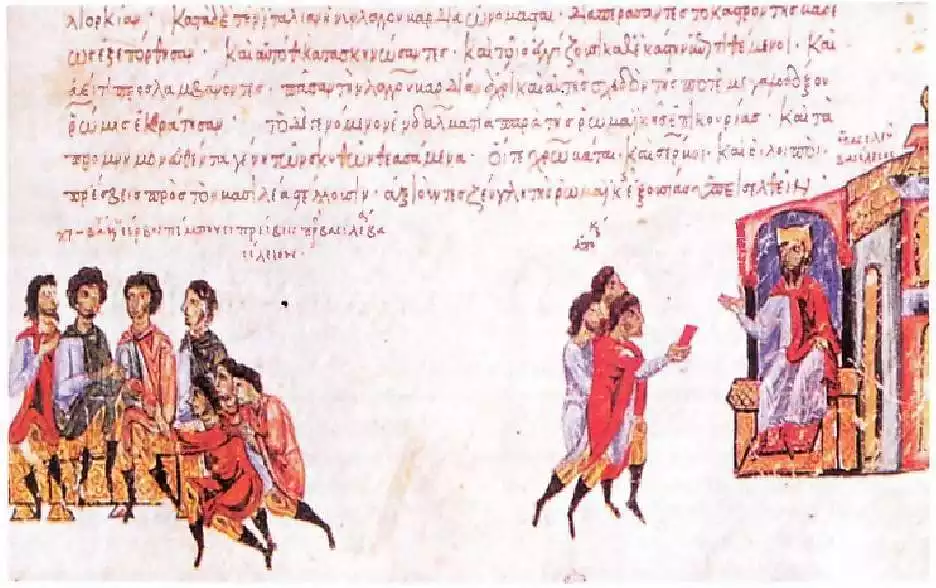
Nikephoros I, Byzantine Emperor from 802 to 811, significantly influenced the empire’s military and administrative realms. Born around 755 and meeting his demise in 811 at the Battle of Pliska, his reign was marked by ambitious military campaigns and notable administrative reforms. His leadership, albeit brief, left an indelible mark on the Byzantine Empire, shaping […]
Theodosius II, Saint Emperor
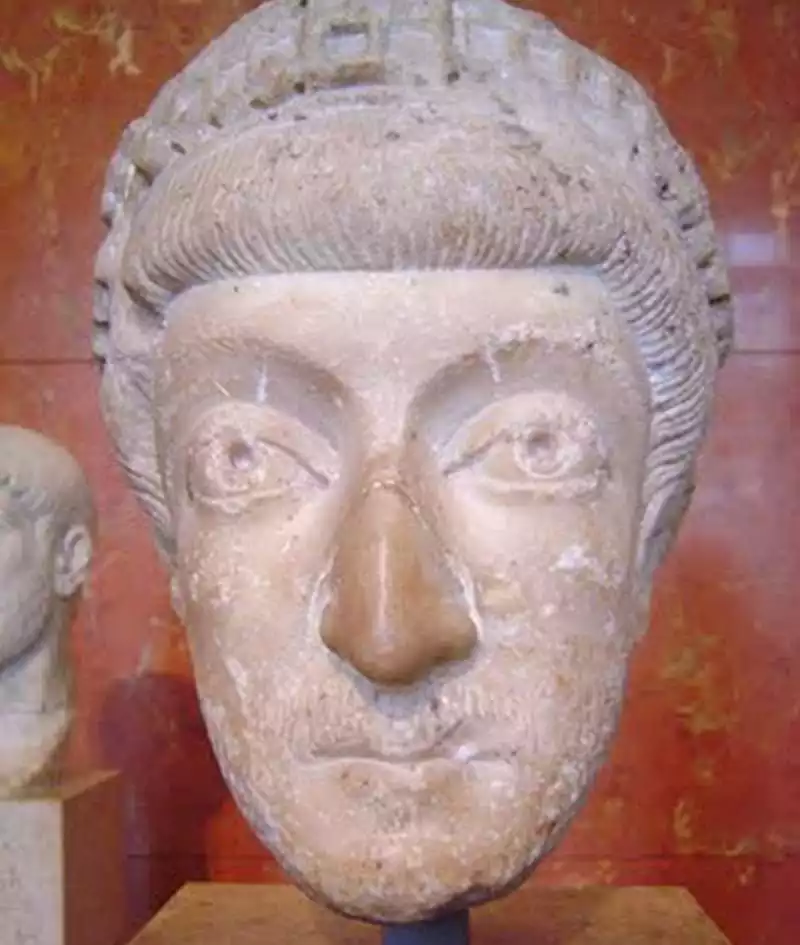
Saint Emperor Theodosius II, born on April 10, 401, and passing on July 28, 450, stands as a pivotal figure in the history of the Byzantine Empire. Renowned for his significant legal and educational reforms, Theodosius II’s reign marked a period of substantial development in the Byzantine legal system, as well as in the realm […]
Ecumenical Patriarchate | An Overview of Its Significance and History
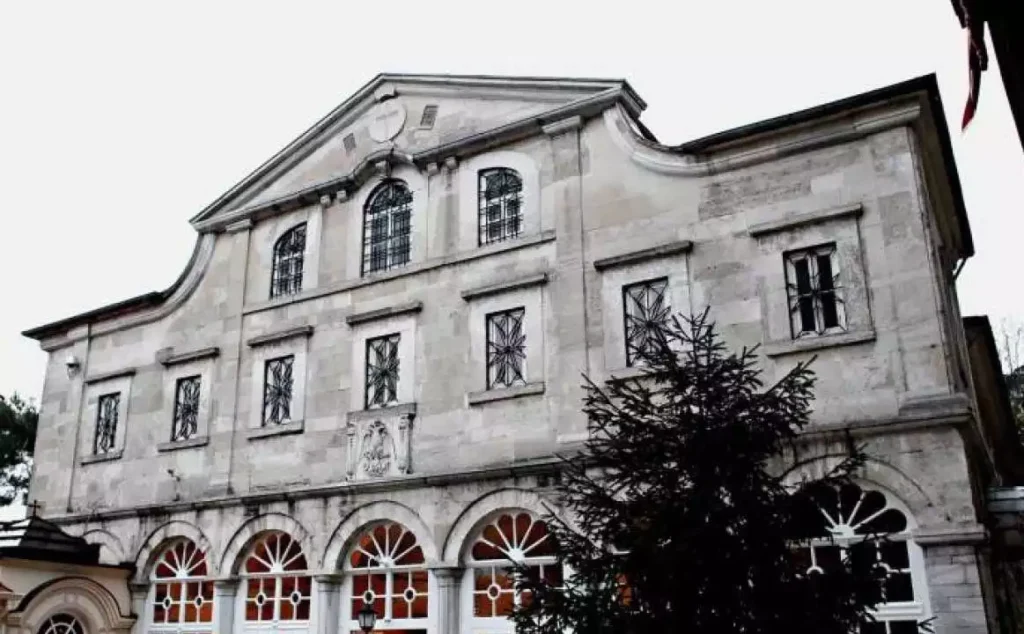
The Ecumenical Patriarchate, a pivotal institution in Orthodox Christianity, has been a beacon of spiritual leadership and theological wisdom for centuries. Originating from the ancient city of Byzantium, later known as Constantinople and now Istanbul, this patriarchate holds a unique position in the Christian world, revered for its historical depth and doctrinal authority. The term […]
Vespers in Orthodox Worship
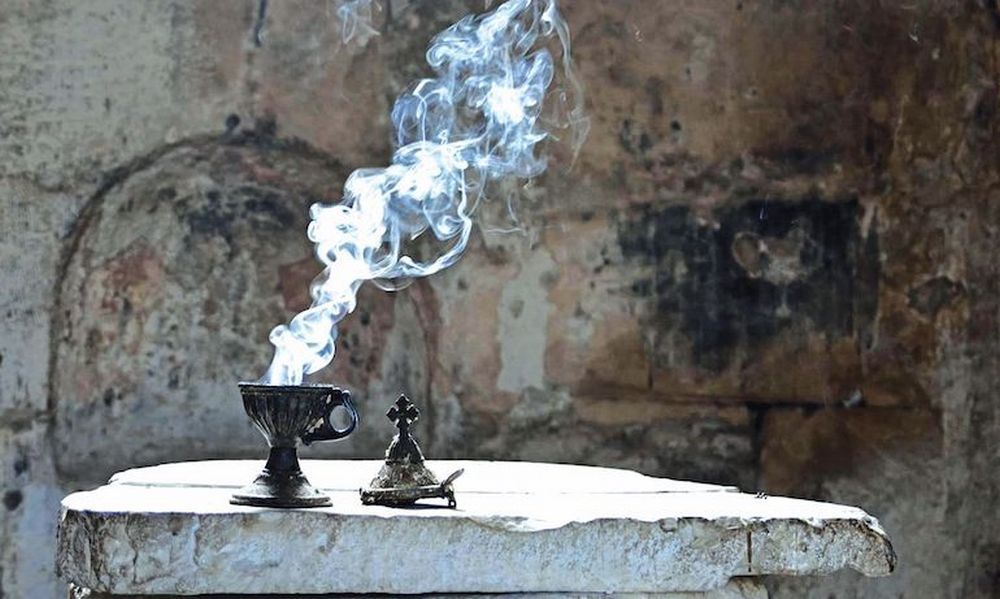
The Orthodox Christian liturgical service of Vespers marks the transition from day to evening. Vespers typically includes the singing of hymns and psalms, petitions, blessings from the priest, and sometimes a procession. The Rich History and Meaning of Vespers The vesper service has evolved across centuries of Christian worship, taking on new dimensions of meaning […]
Antidoron in the Orthodox Church
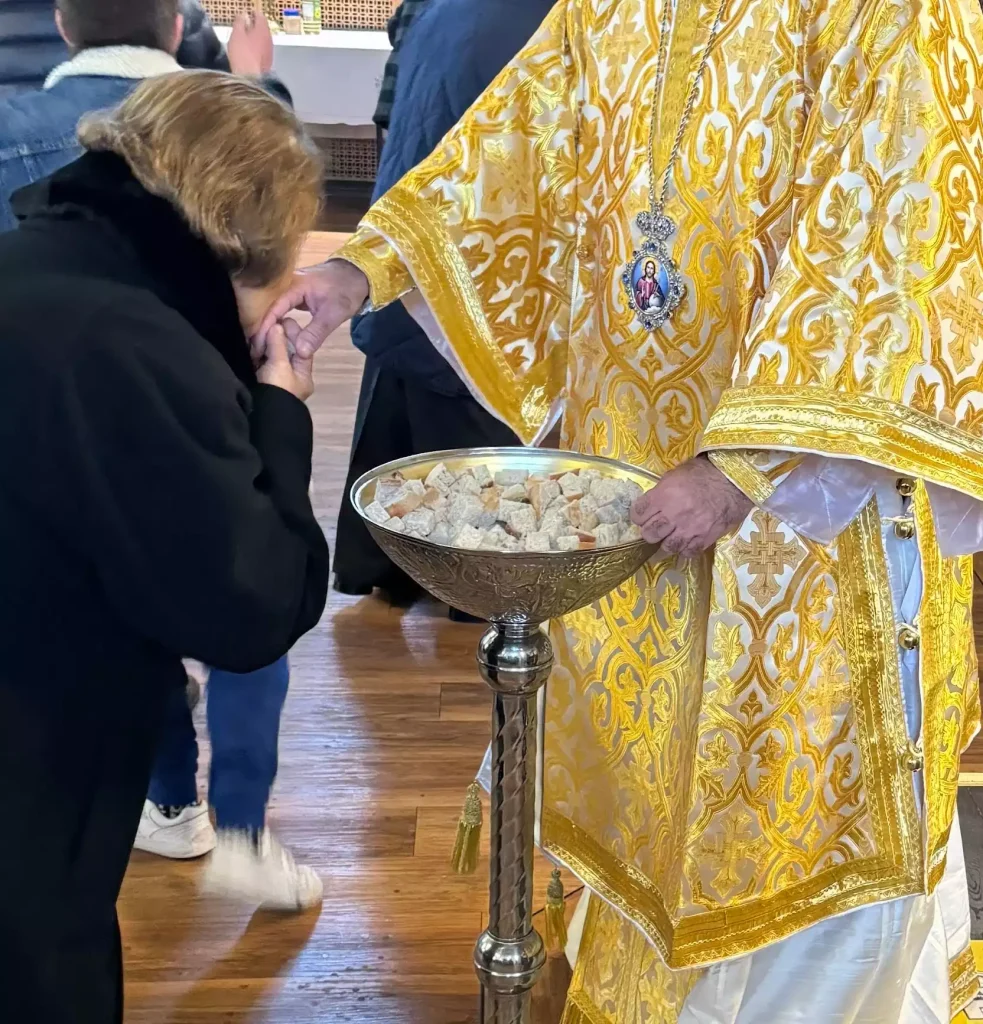
A Symbol of Grace and Communion Antidoron, a term derived from Greek, meaning “instead of the gifts,” holds significant liturgical and communal importance in the Orthodox Church. This bread, blessed but not consecrated during the Divine Liturgy, is distributed to the congregation. While its origins are not explicitly biblical, Antidoron carries deep spiritual and symbolic […]
